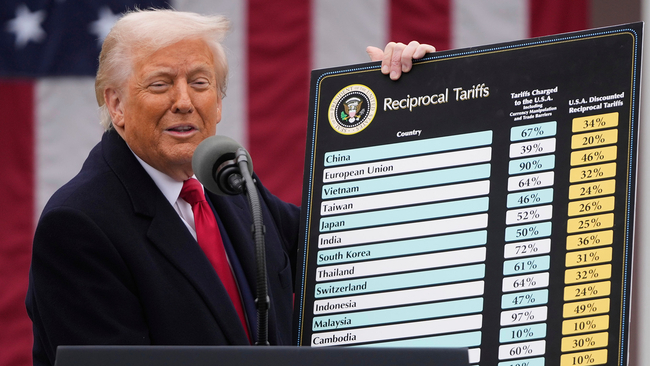The Mooncake Saga at TVB: A Case for Transparency and Accountability
The recent controversy surrounding TVB’s General Manager (GM) selling mooncakes online has raised significant concerns about corporate governance and leadership accountability, particularly in light of Environmental, Social, and Governance (ESG) principles. This incident not only highlights poor judgment but also serves as a cautionary tale for leaders in publicly listed companies regarding the importance of transparency in their operations.
Background of the Mooncake Saga
In September 2024, Hong Kong customs authorities seized boxes of mooncakes being sold online, which were packaged in counterfeit luxury brand boxes, including Hermes and Chanel. The operation led to the arrest of several individuals involved in this illicit trade, including a young woman who was selling these products online. This incident occurred just before the Mid-Autumn Festival, a peak time for mooncake sales, raising questions about the ethical implications of such business practices[6][7].
While this operation primarily targeted counterfeit goods, the involvement of a high-profile figure like TVB’s GM in similar activities—selling mooncakes online—has sparked outrage and scrutiny. The GM’s actions have been perceived as a stark violation of ethical standards expected from someone in a leadership position within a publicly traded company.
Poor Judgment and Negative Leadership Traits
The decision by TVB’s GM to engage in this venture reflects several negative leadership traits:
- Lack of Ethical Consideration: Selling mooncakes packaged in counterfeit boxes not only undermines consumer trust but also damages the reputation of the company. Leaders are expected to uphold ethical standards, and engaging in questionable business practices demonstrates a severe lapse in judgment.
- Failure to Prioritize Transparency: In today’s corporate environment, transparency is paramount. Stakeholders—including investors, employees, and consumers—demand clarity regarding business operations. By participating in dubious sales practices, the GM has failed to provide the transparency that is essential for maintaining stakeholder trust.
- Ignoring Governance Principles: The incident underscores a disregard for governance principles that are crucial for listed companies. Effective governance involves accountability and adherence to legal standards. The GM’s actions could be seen as an attempt to sidestep these responsibilities, which can lead to significant repercussions for the company.
- Poor Risk Management: Engaging in activities that could lead to legal action or reputational damage indicates a lack of foresight and risk management. Leaders should be adept at identifying potential risks associated with their decisions and acting accordingly to mitigate them.
The Importance of Transparency and Accountability
This saga serves as a reminder that leadership within publicly listed companies must prioritize transparency and accountability as part of their corporate governance framework. Stakeholders are increasingly holding companies accountable for their actions, particularly concerning ESG criteria.
- Stakeholder Trust: Transparency fosters trust among stakeholders. When leaders operate openly and ethically, they build credibility that can enhance the company’s reputation and financial performance.
- Regulatory Compliance: Companies must comply with legal standards and regulations. Transparent operations reduce the risk of legal issues arising from unethical practices.
- Long-term Sustainability: By embedding transparency into their operations, companies can better manage risks associated with environmental and social factors, ultimately supporting sustainable growth.
In conclusion, the mooncake saga involving TVB’s GM highlights critical lessons about leadership accountability and corporate governance. It underscores the necessity for leaders to exhibit ethical behavior, prioritize transparency, and adhere to governance principles to foster trust among stakeholders and ensure long-term success. As businesses navigate an increasingly complex landscape, embracing these values will be essential for maintaining credibility and achieving sustainable growth.









